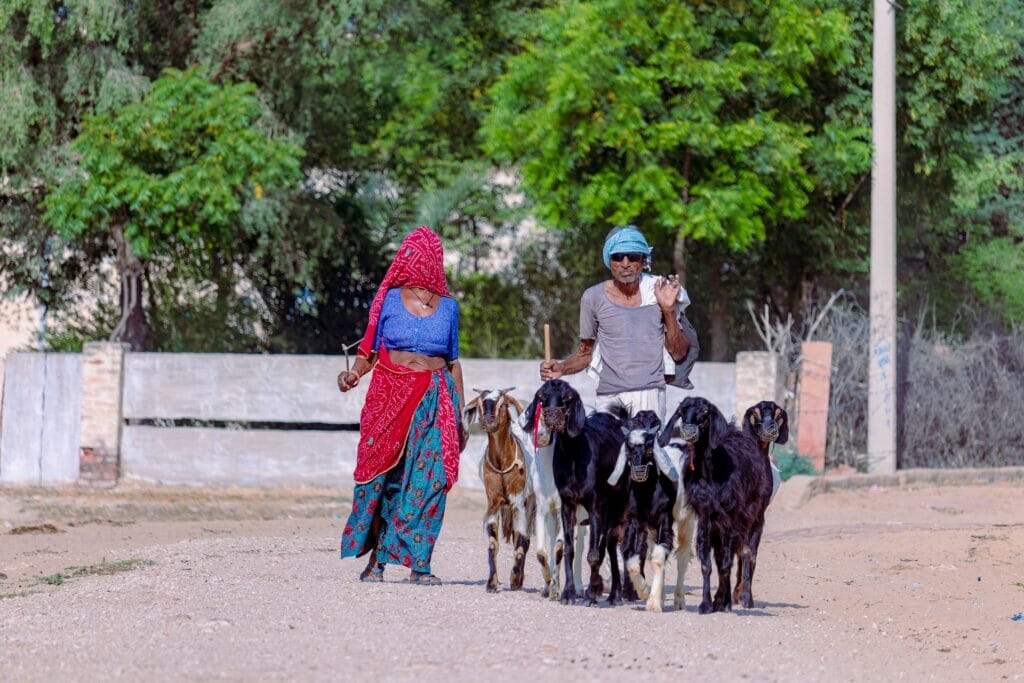>>> Read the full resource
IFPRI and ILRI, 2013 – 4 pages
This study aimed to explore how BRAC’s “Targeting the Ultra Poor” programme affected intra-household dynamics in beneficiary households. It investigates men’s and women’s ownership of and control over various assets and roles in intra-household decision-making. It also aimed to understand men’s and women’s perceptions of these changes.
Main results:
- The programme significantly increased household ownership of livestock. The largest rise was in livestock owned by women (including cattle, typically thought to be “men’s assets”), with corresponding increases in women’s livestock control.
- It shifted women’s work inside the home and increased women’s workloads, reducing their mobility. However, women reported preferring this outcome to the stigma of working outside the home.
- The programme decreased women’s voices in a range of decisions. While their livestock ownership increased, women’s decision-making power over their income, purchases for themselves, and household budgeting were significantly reduced.
